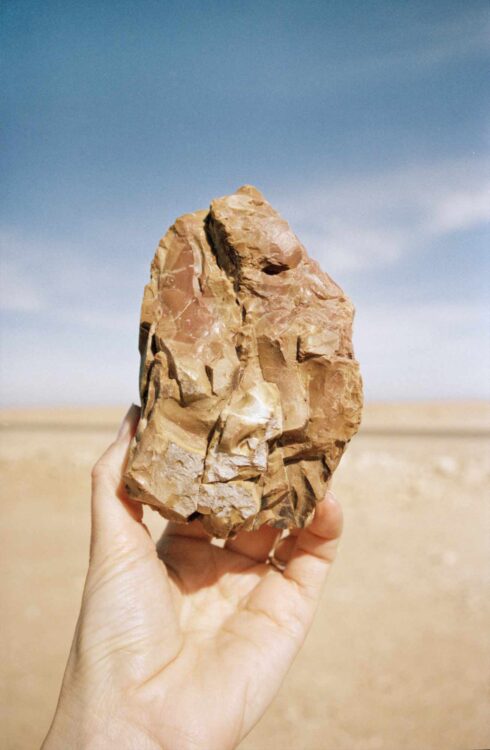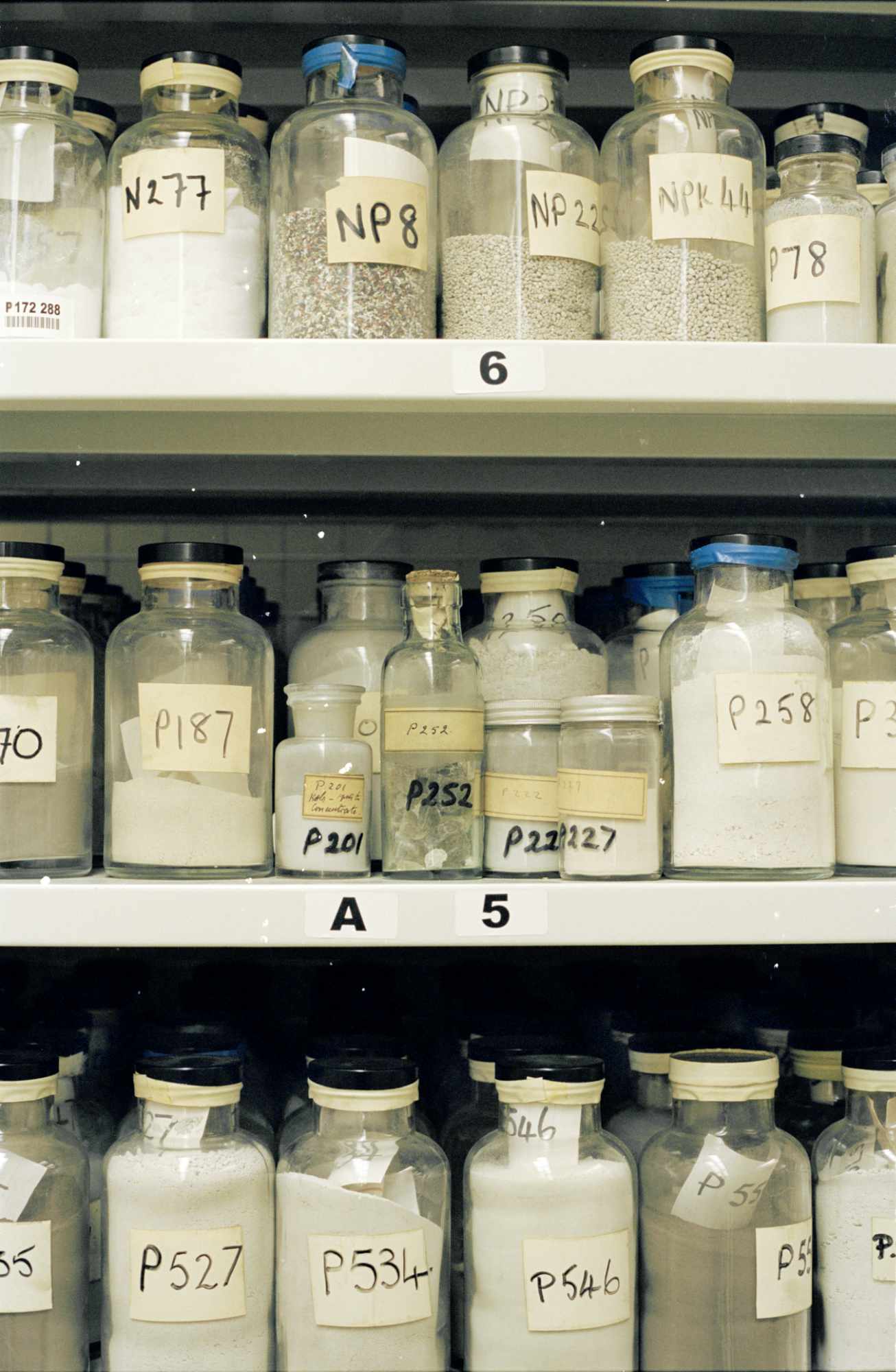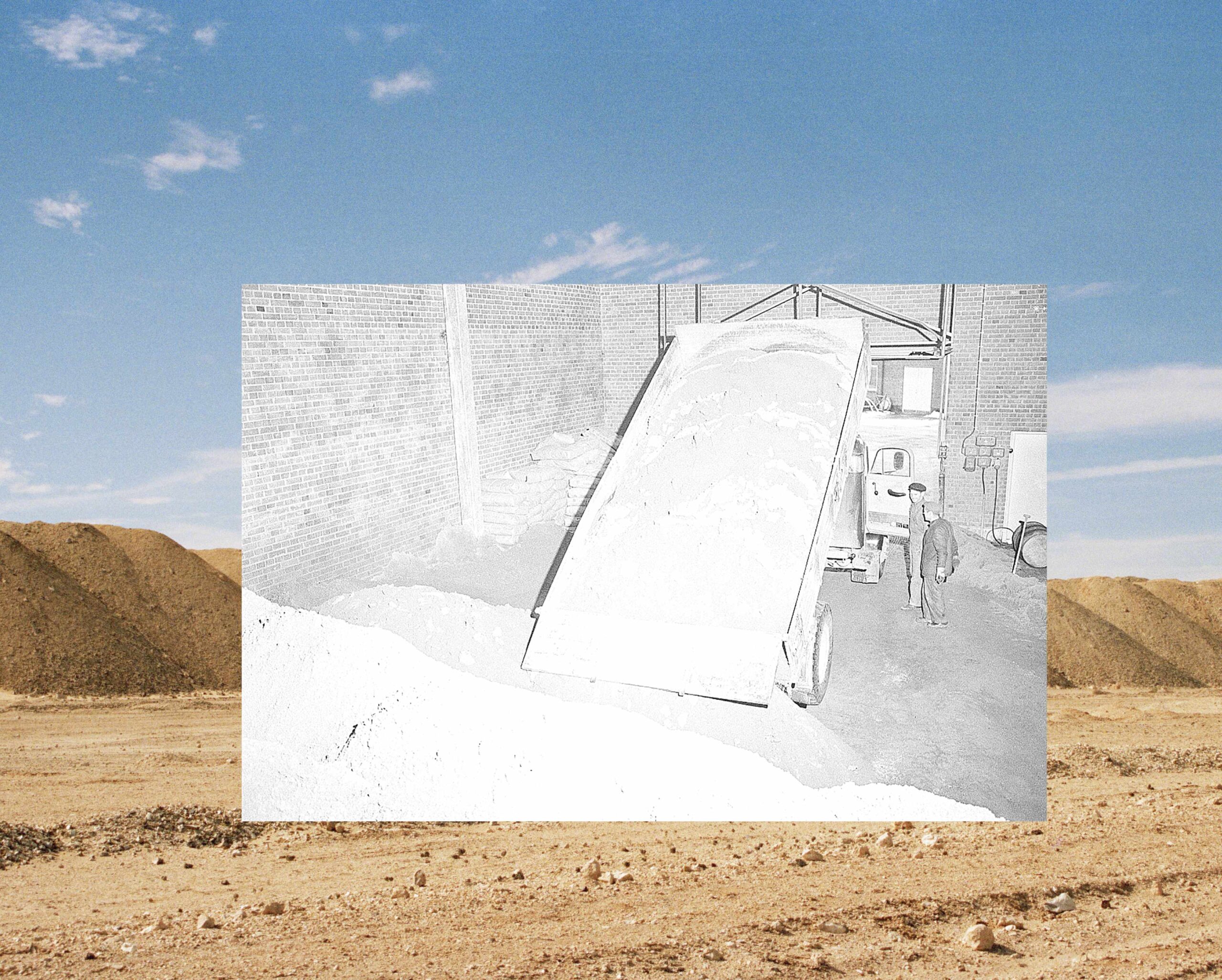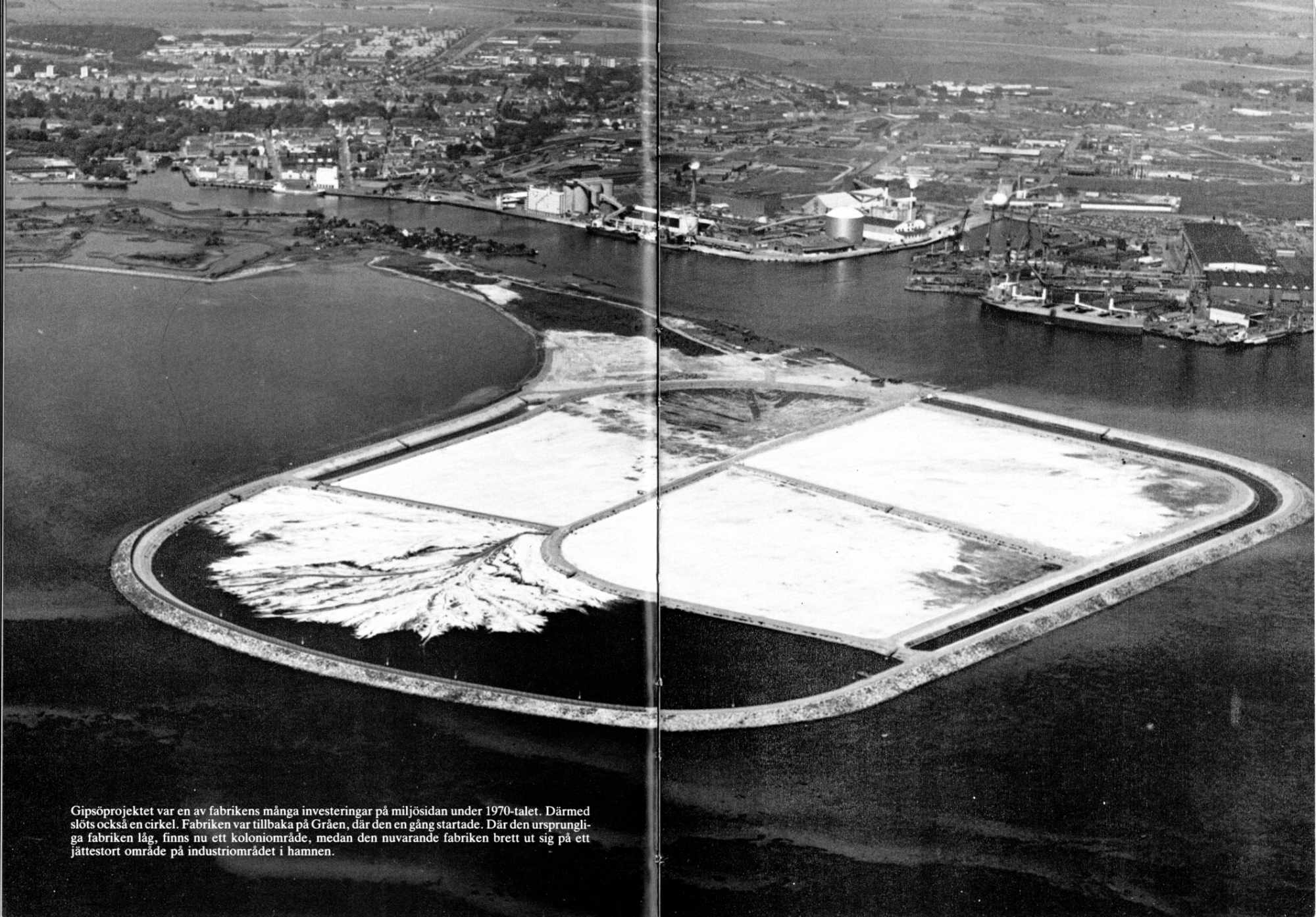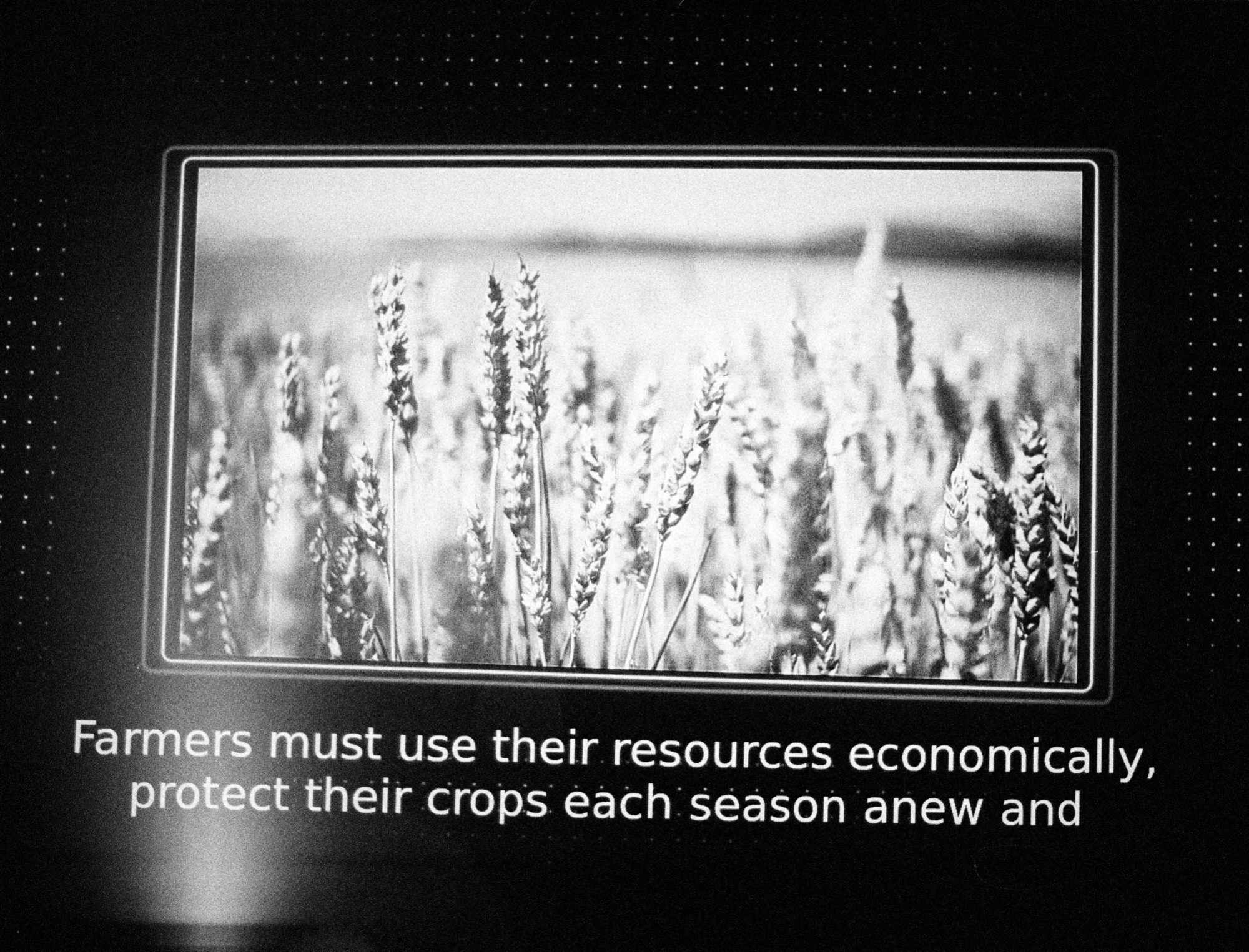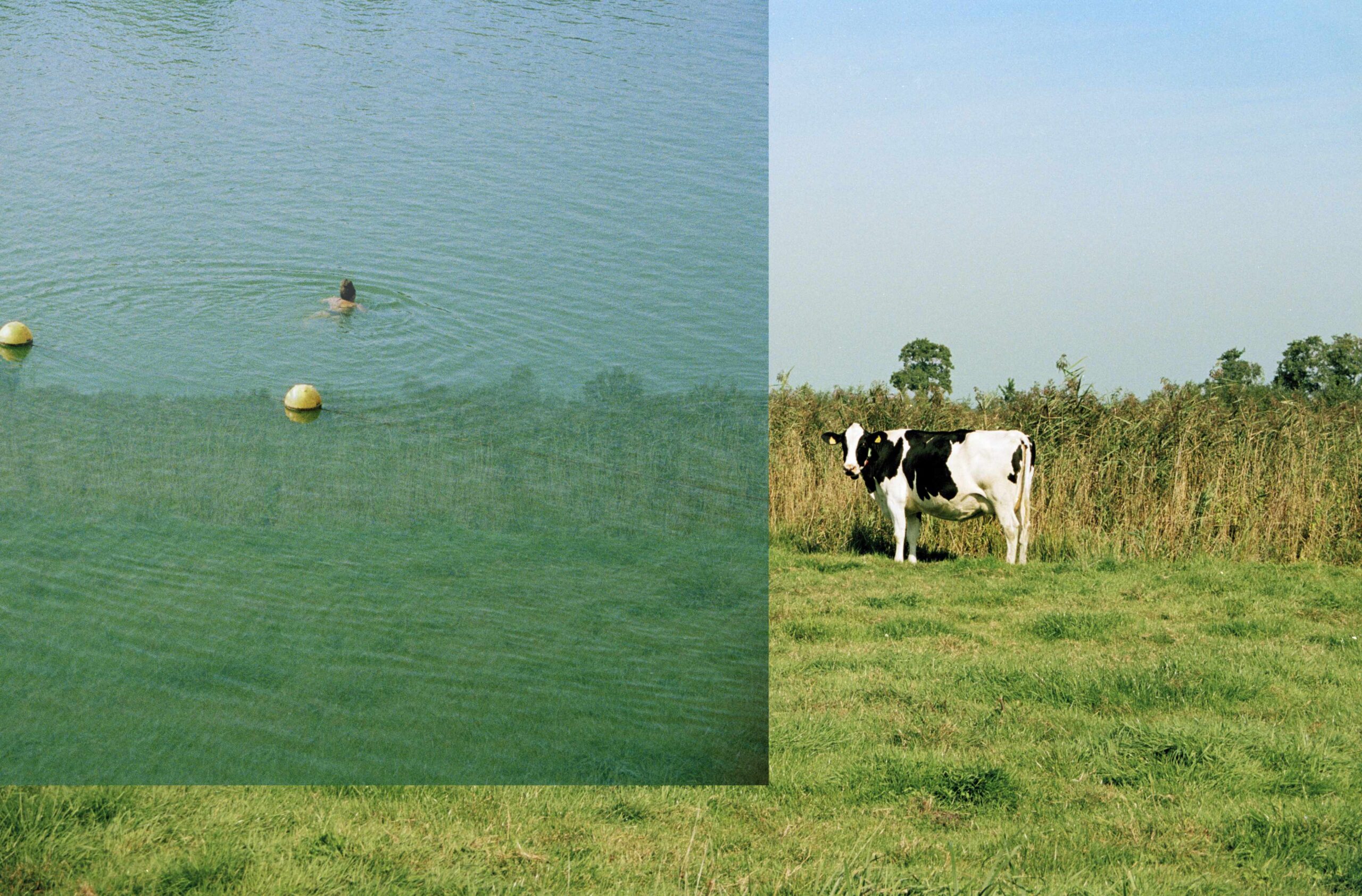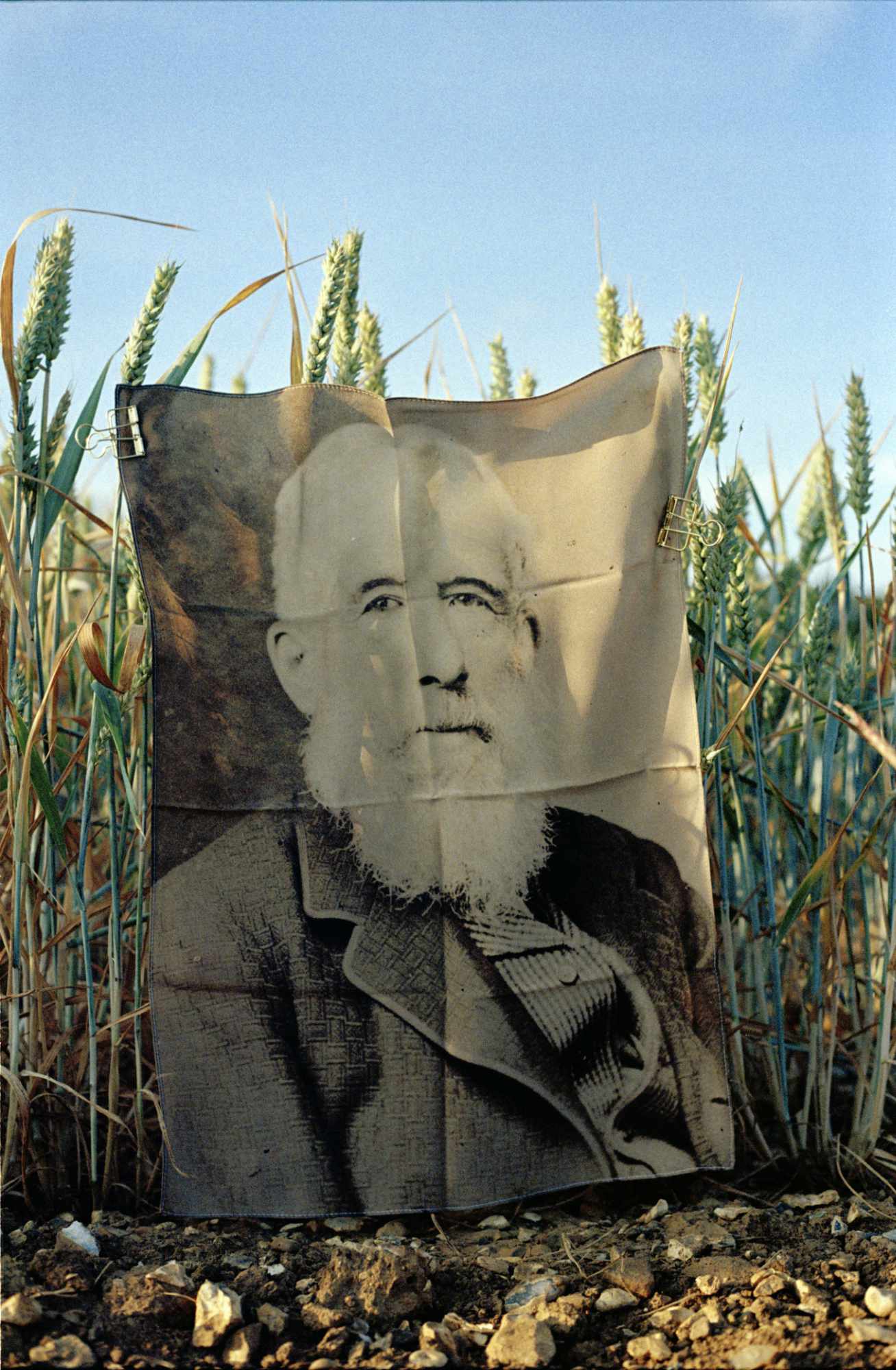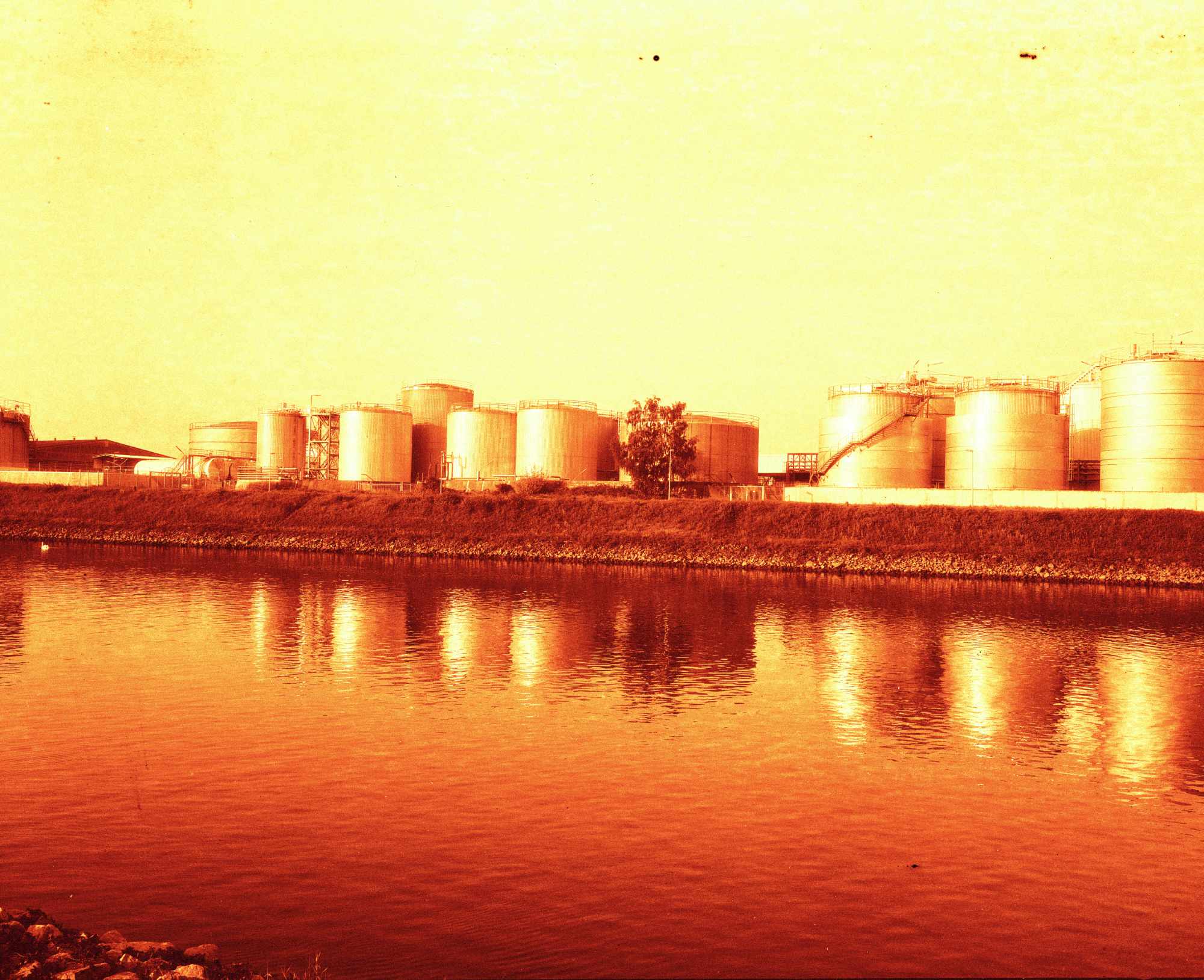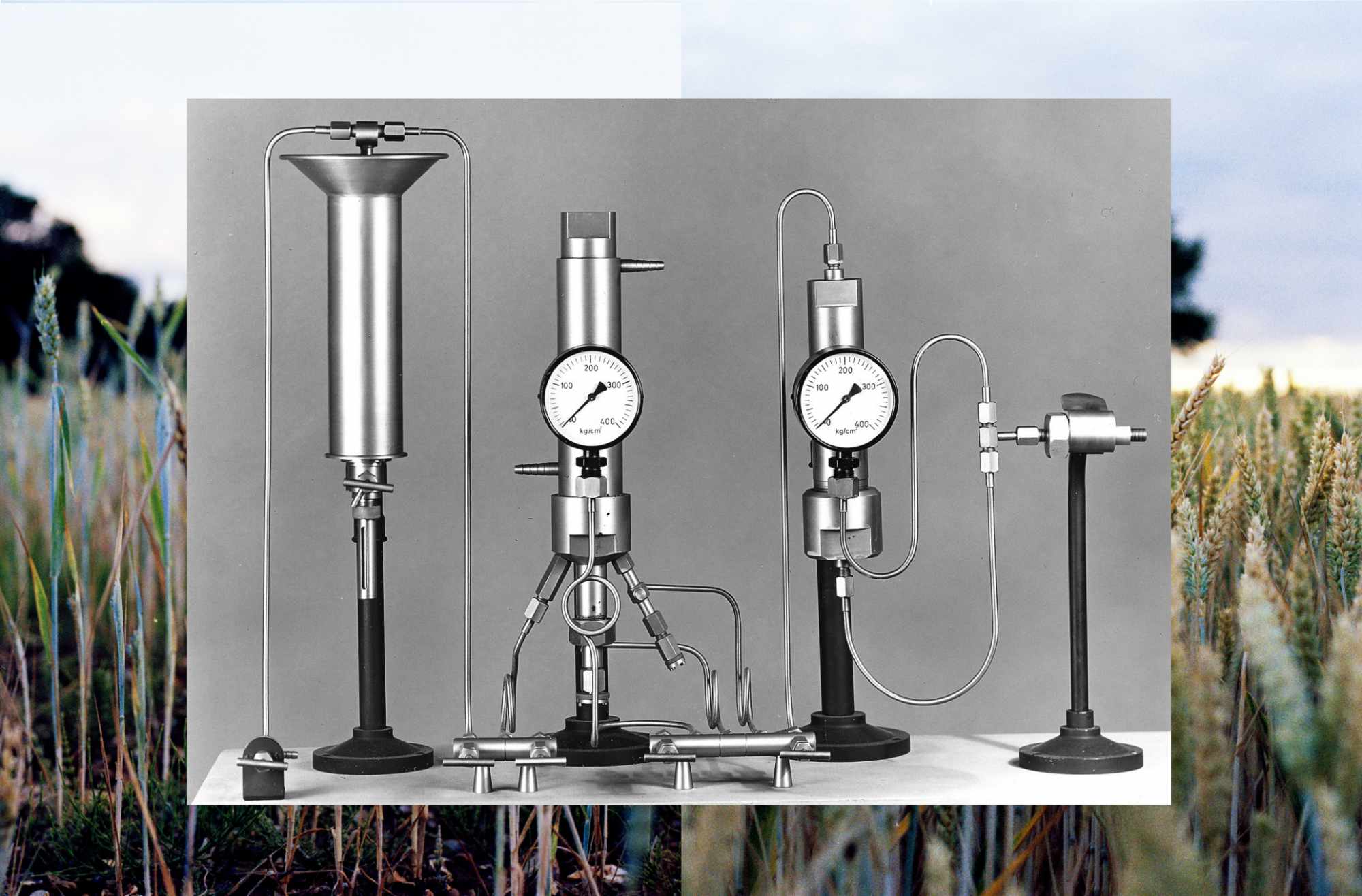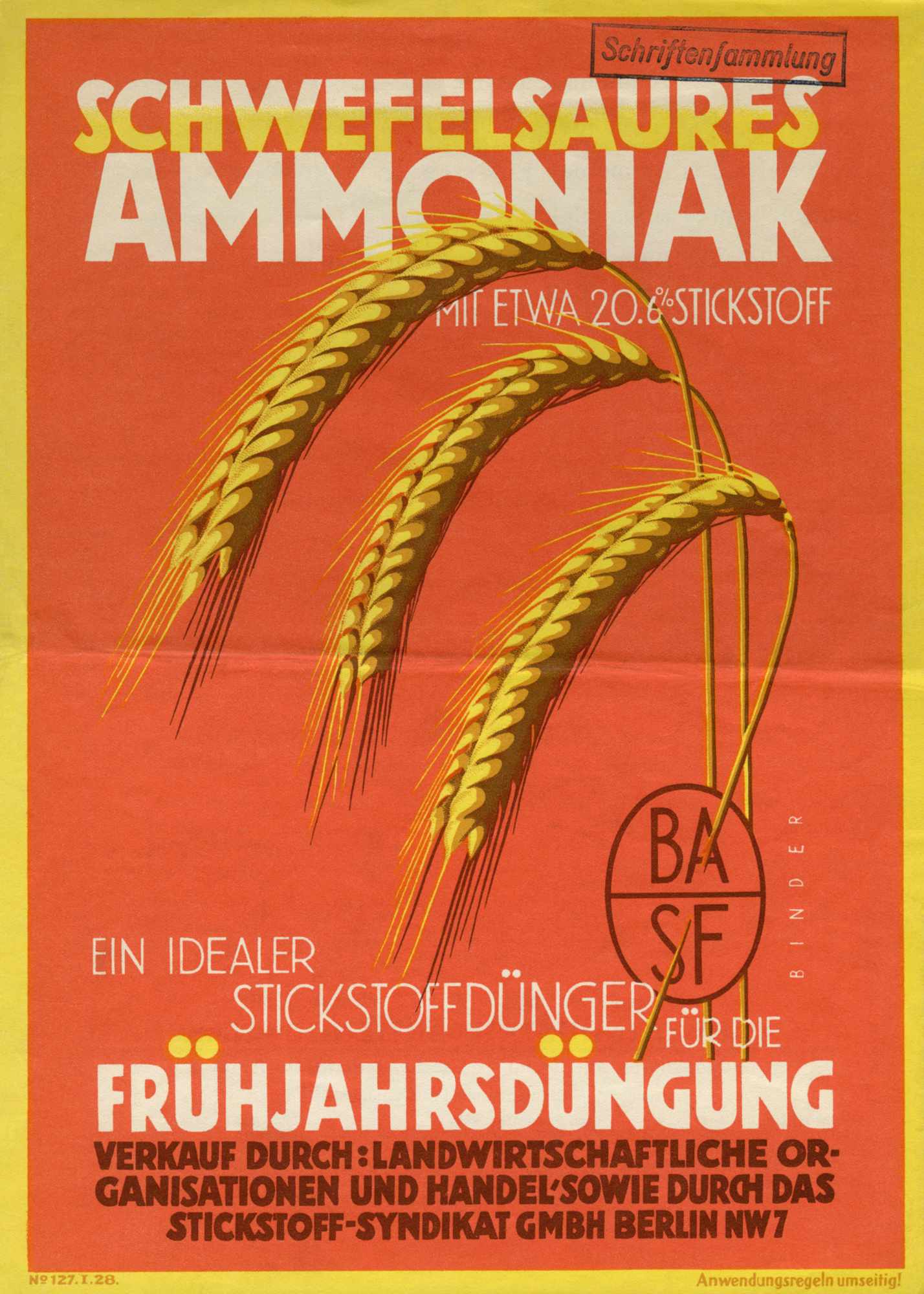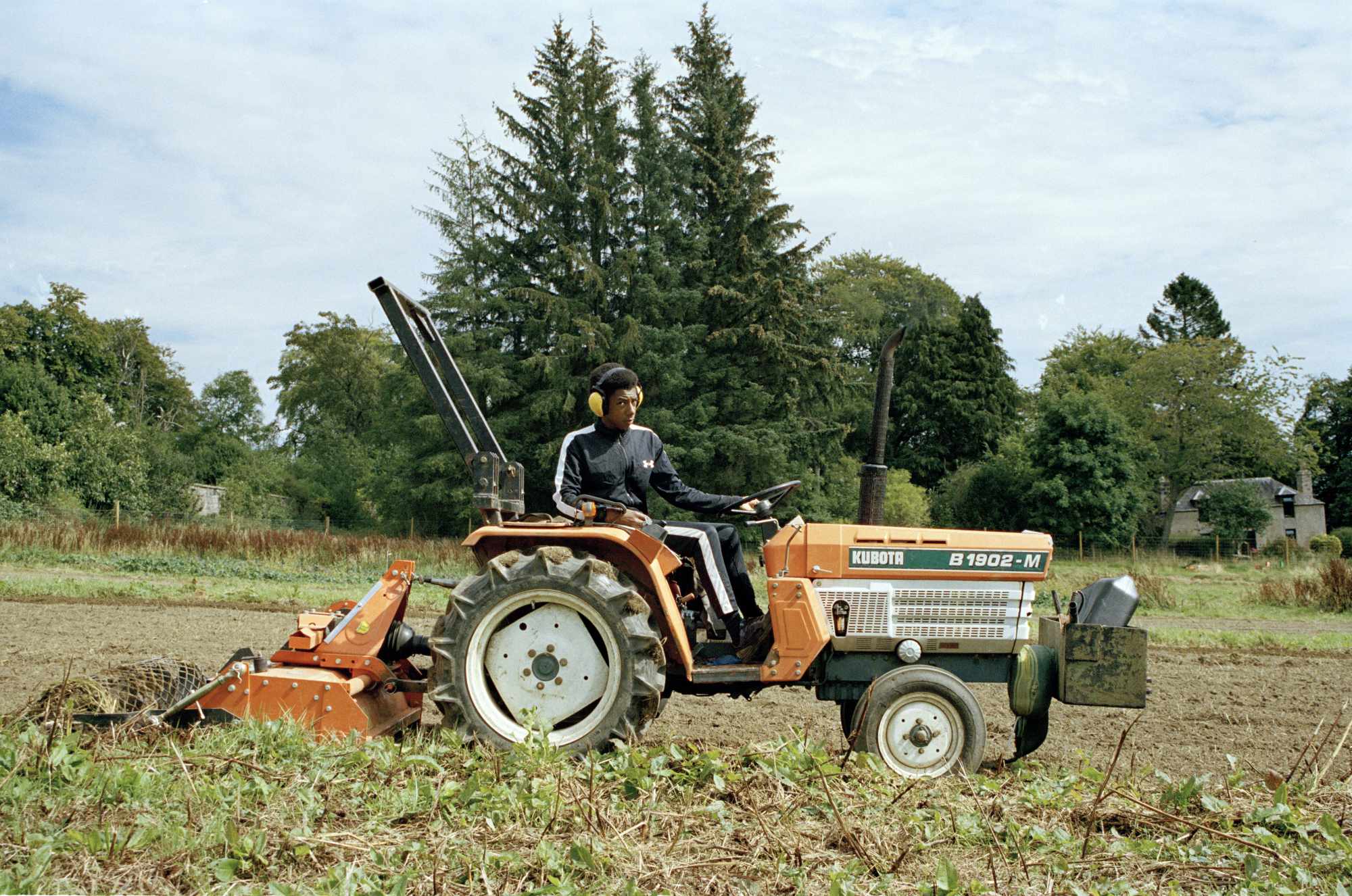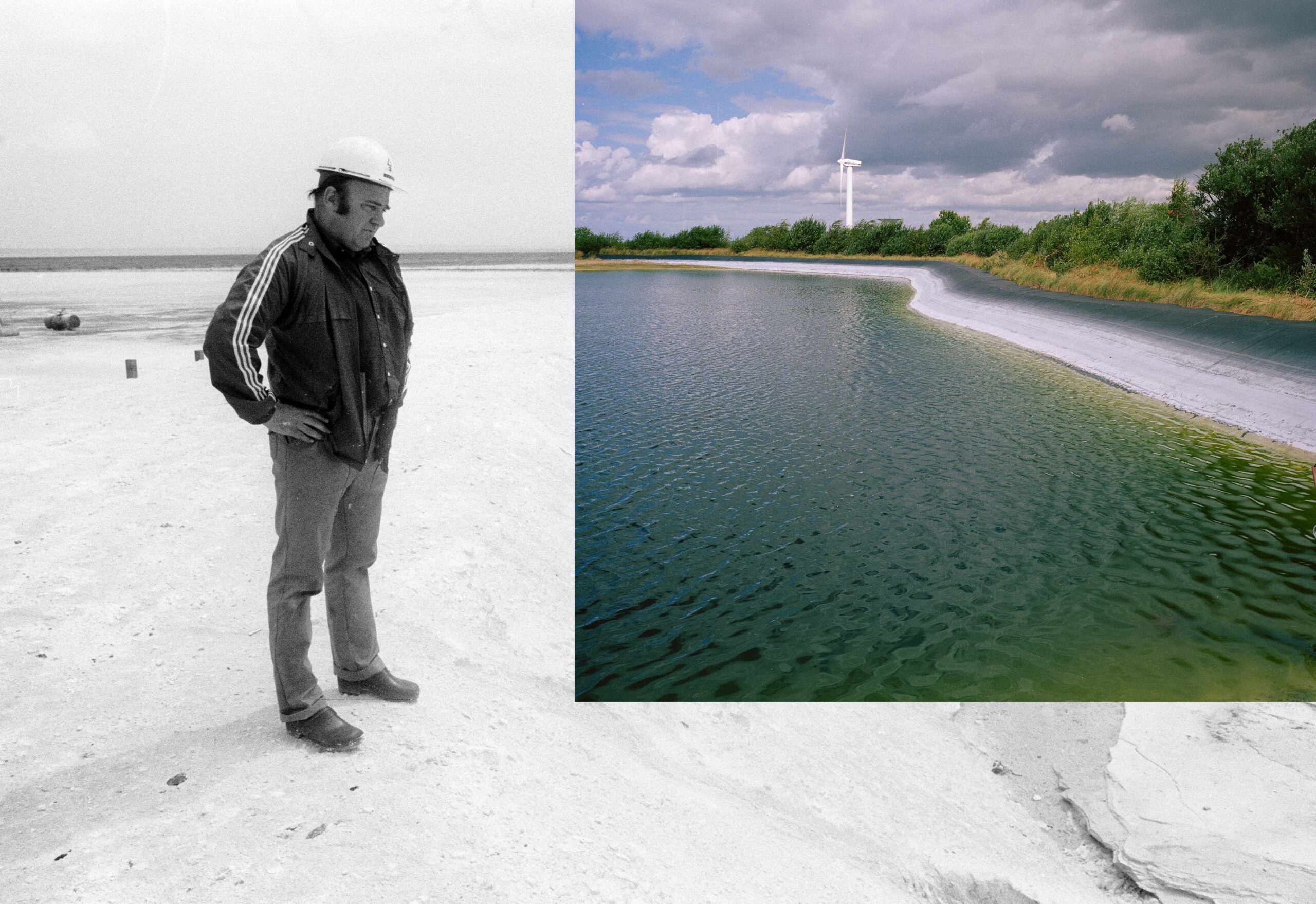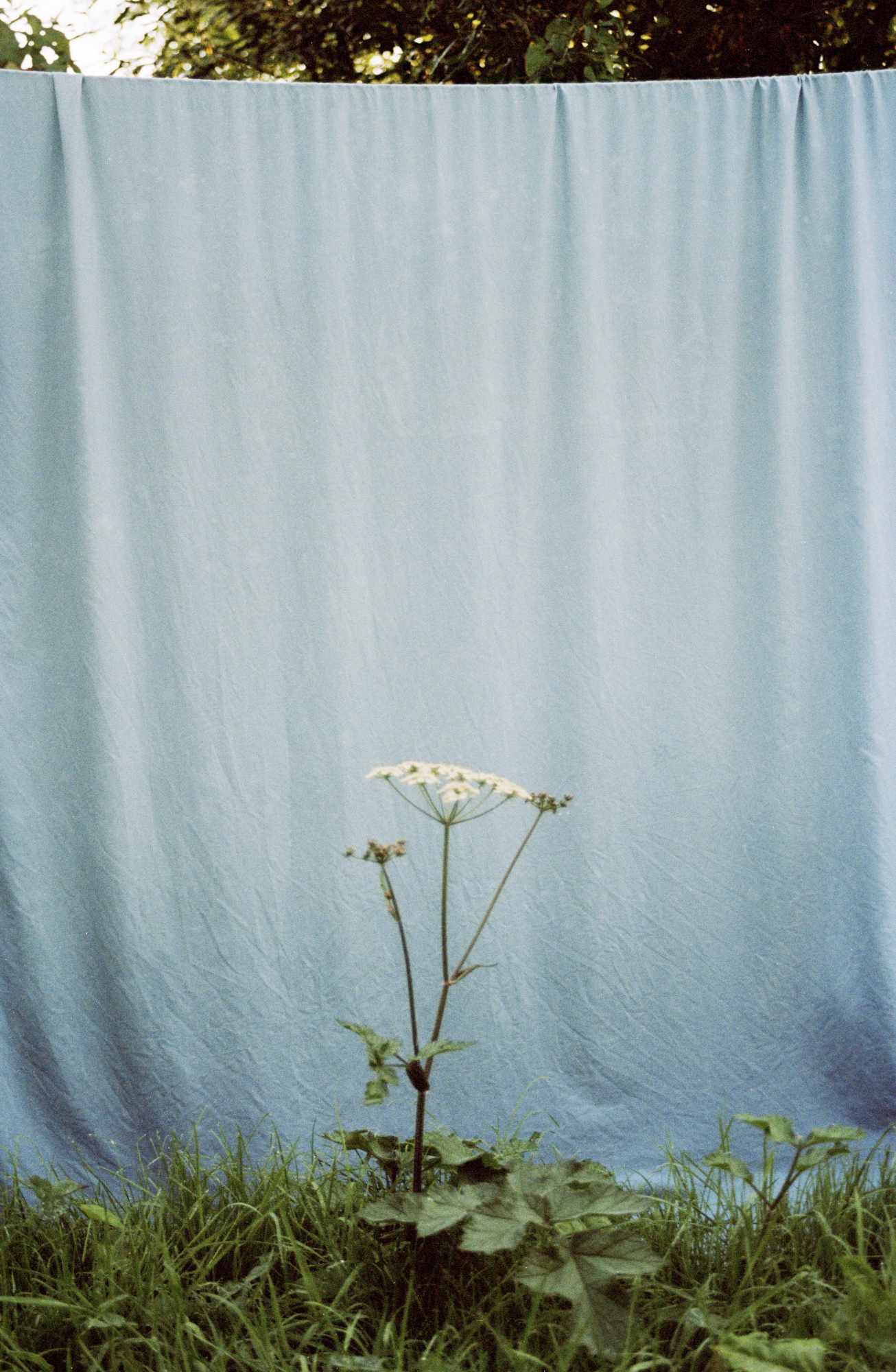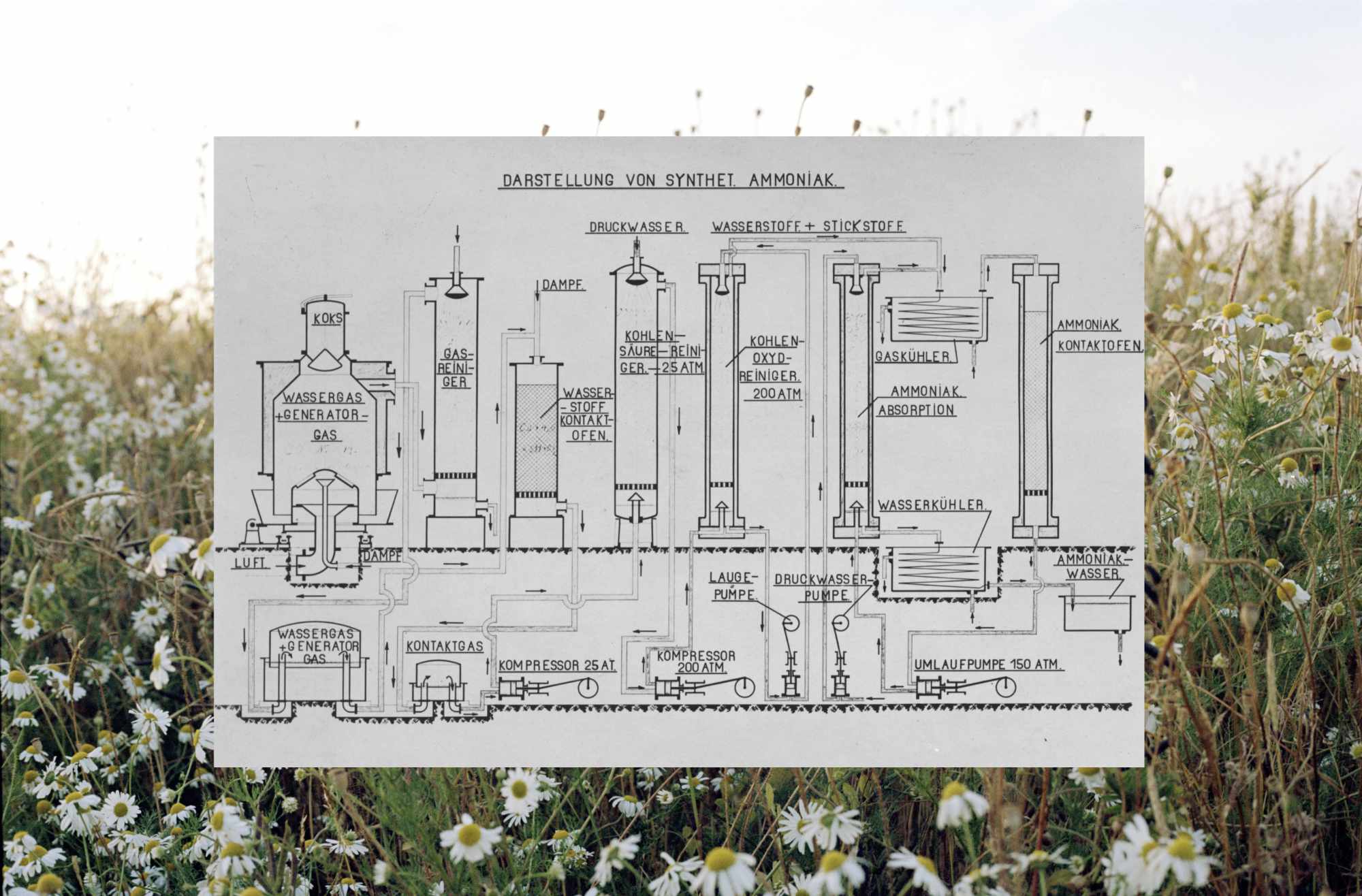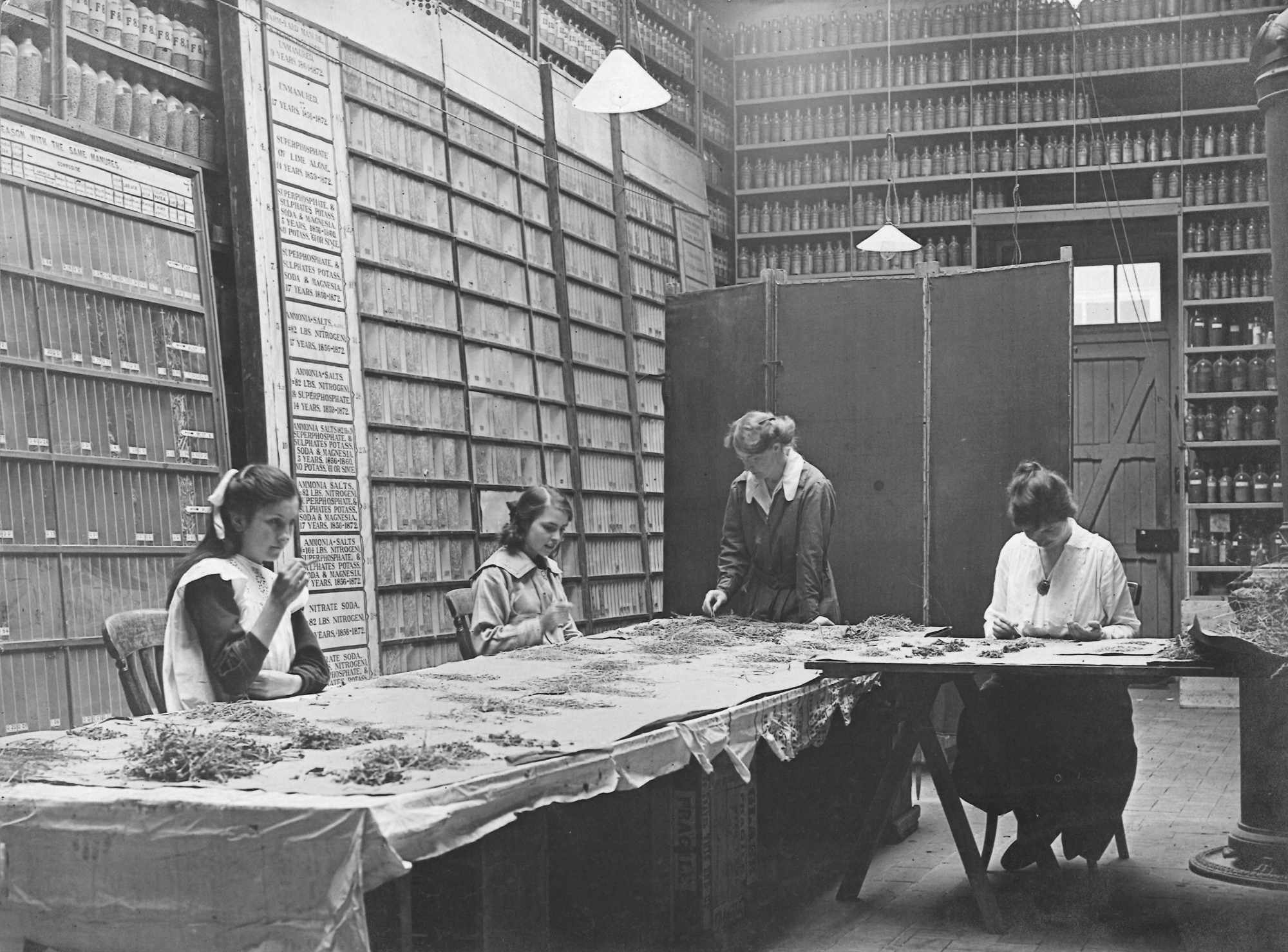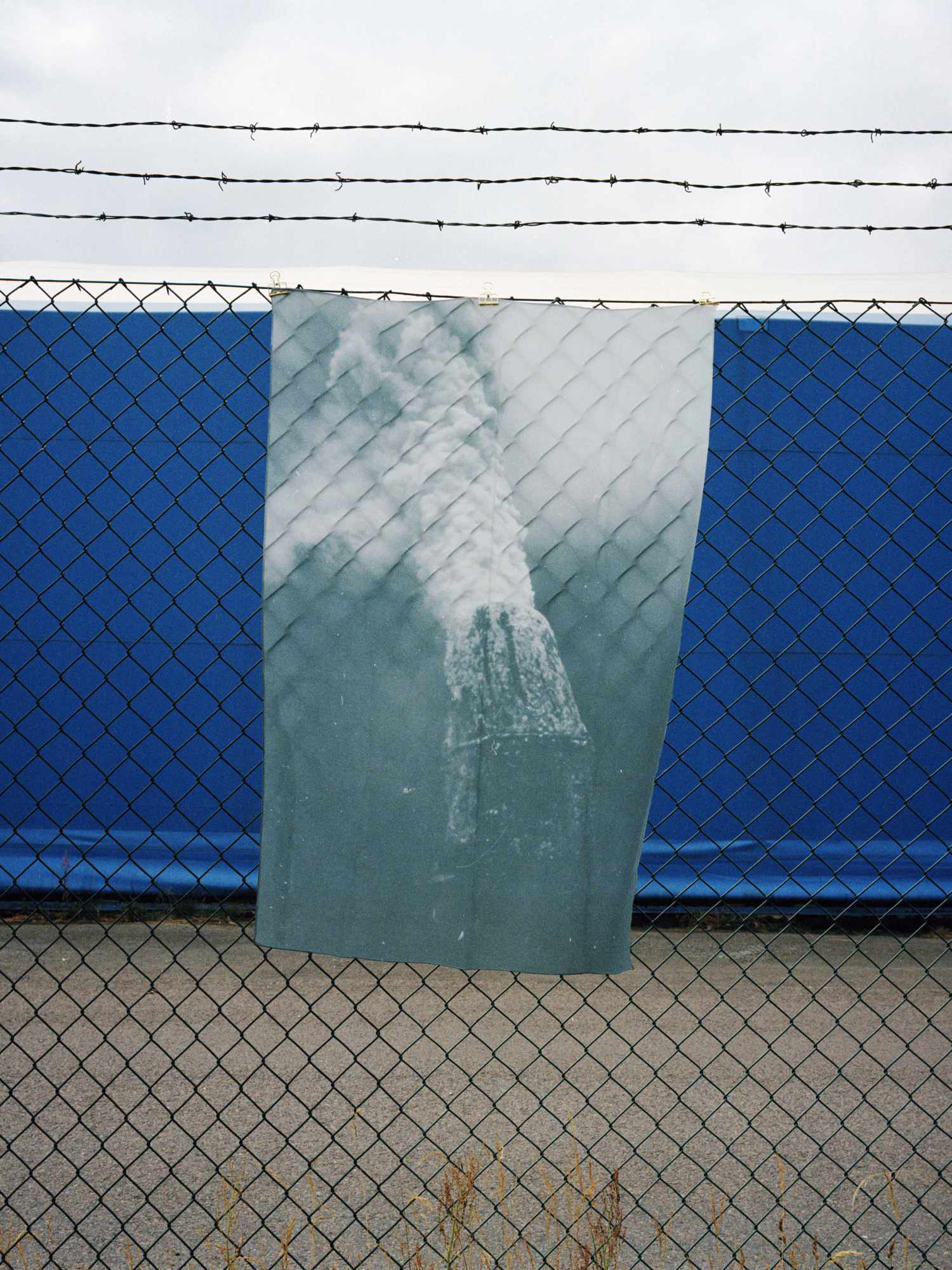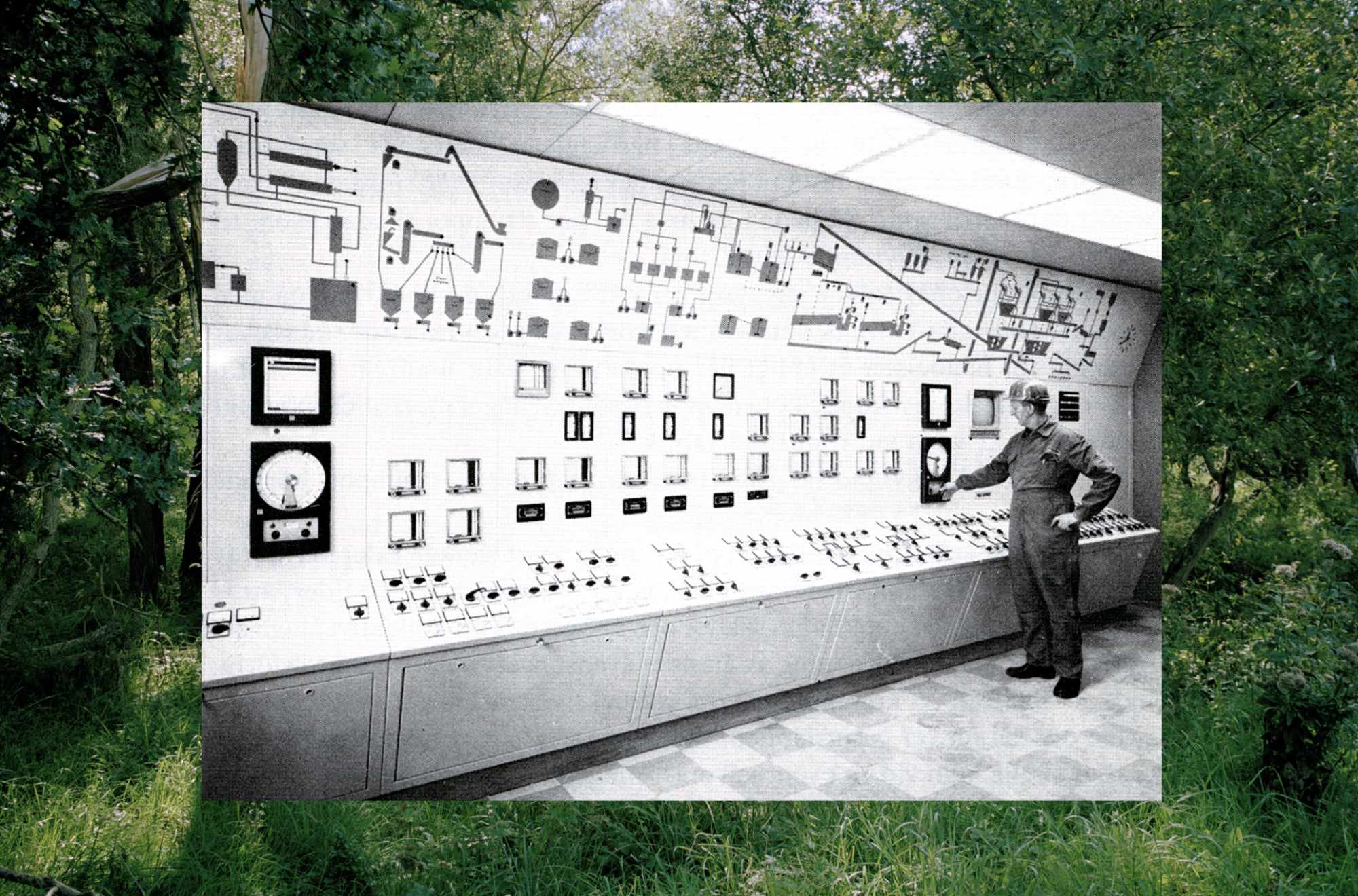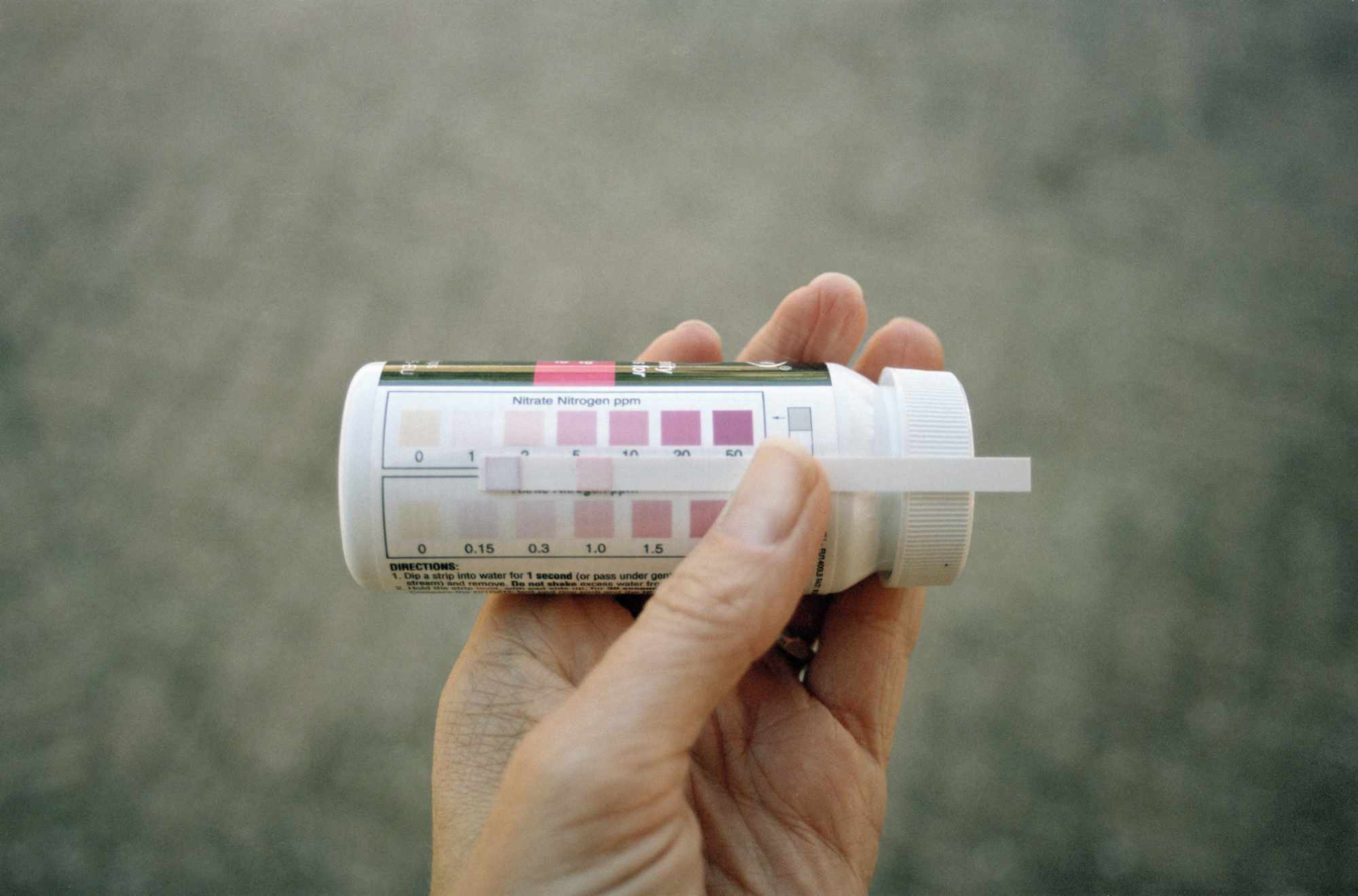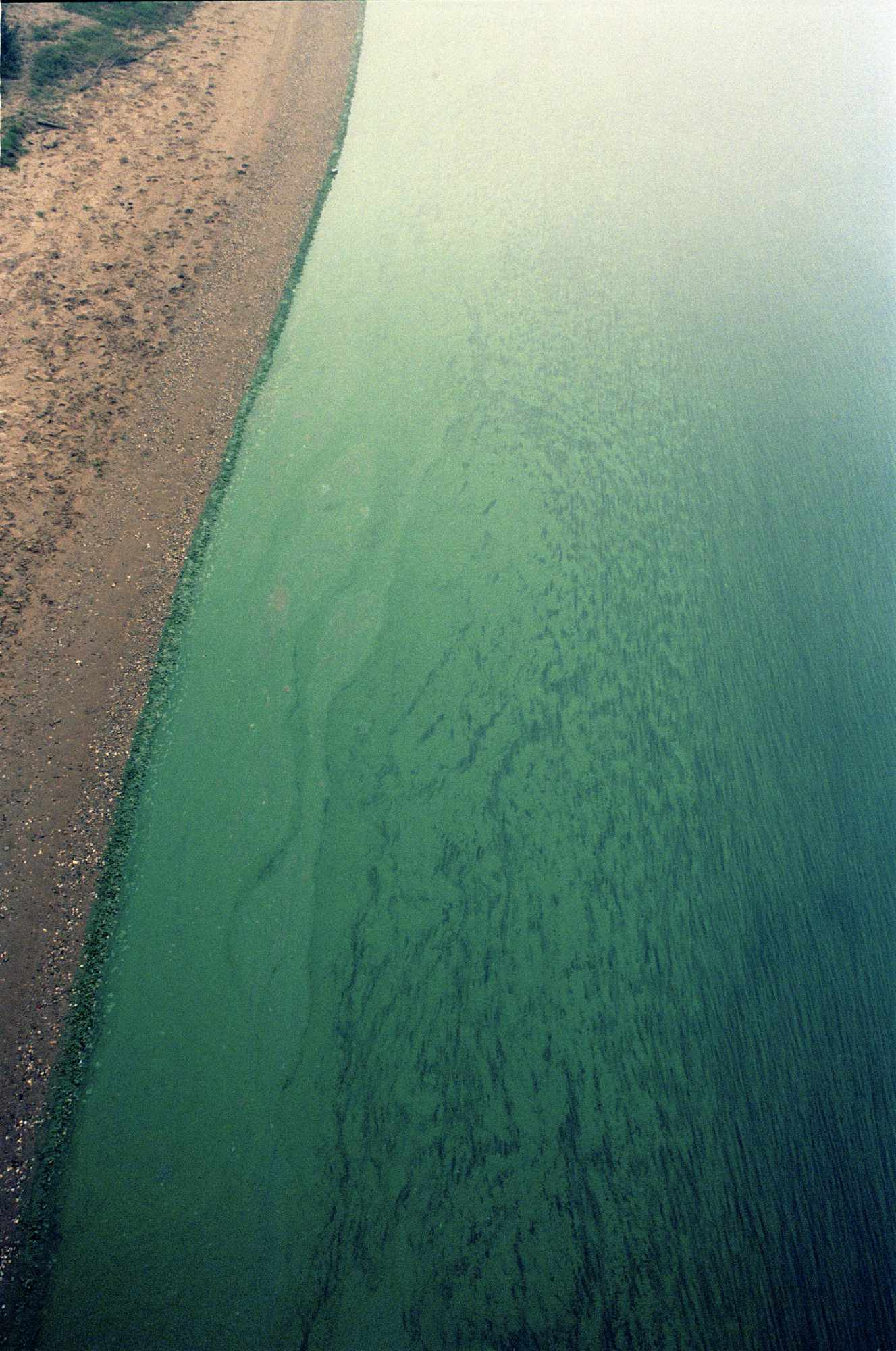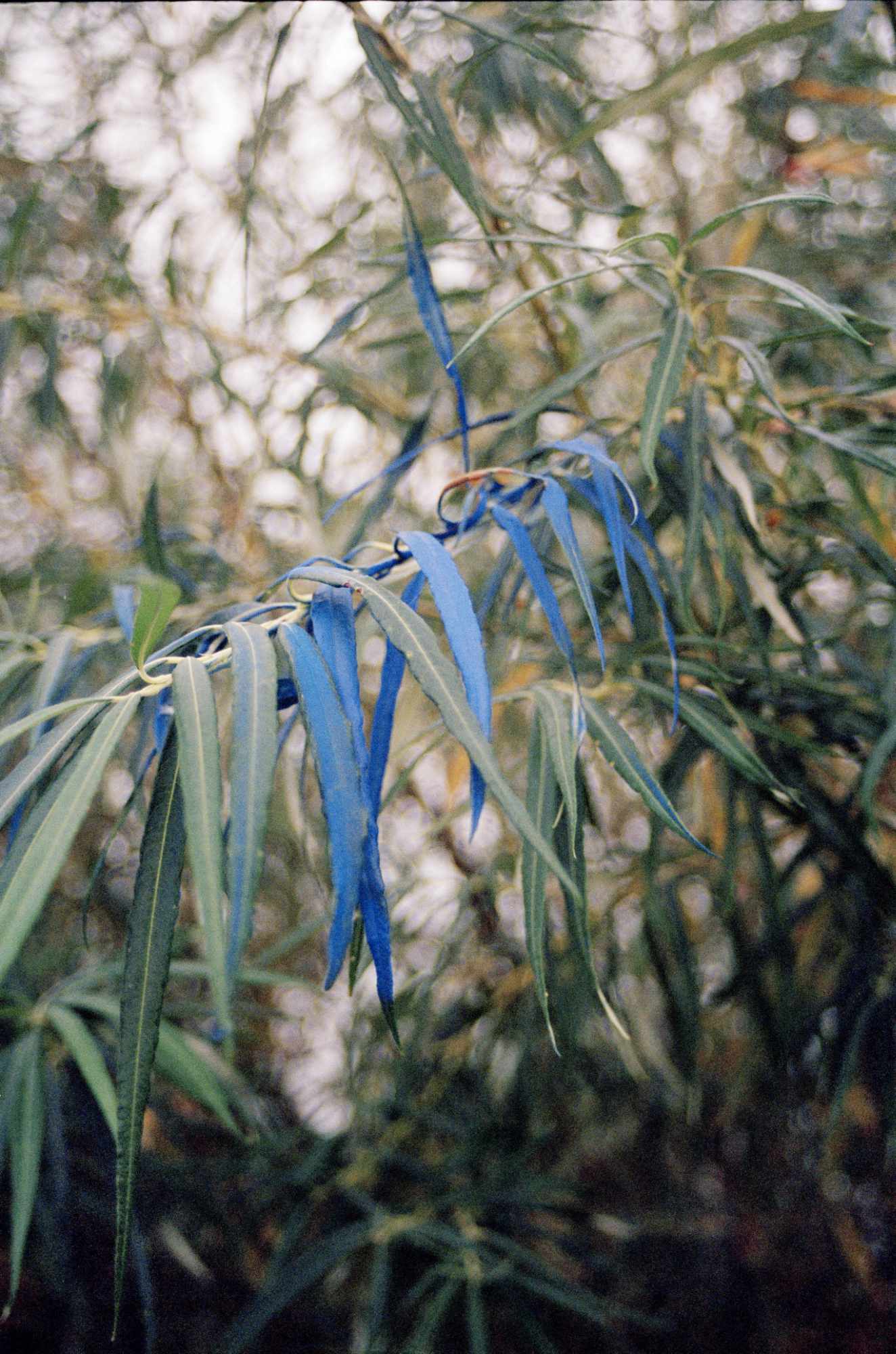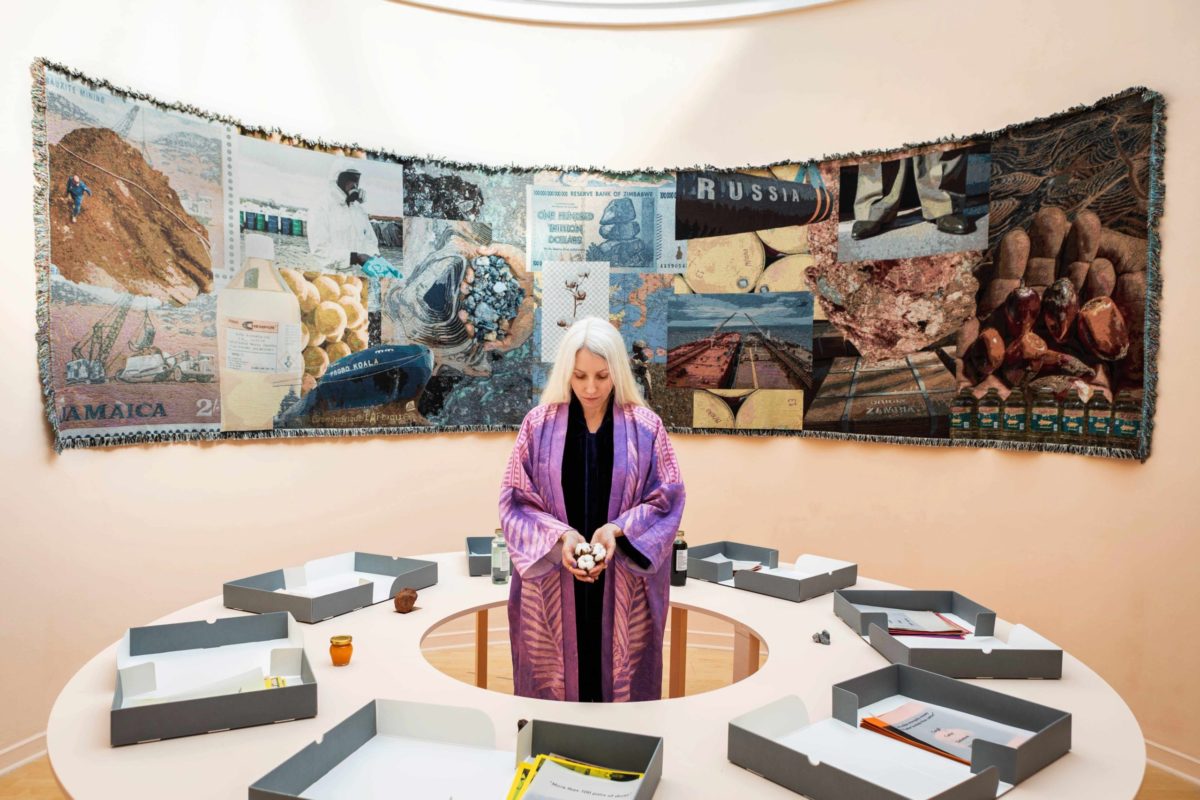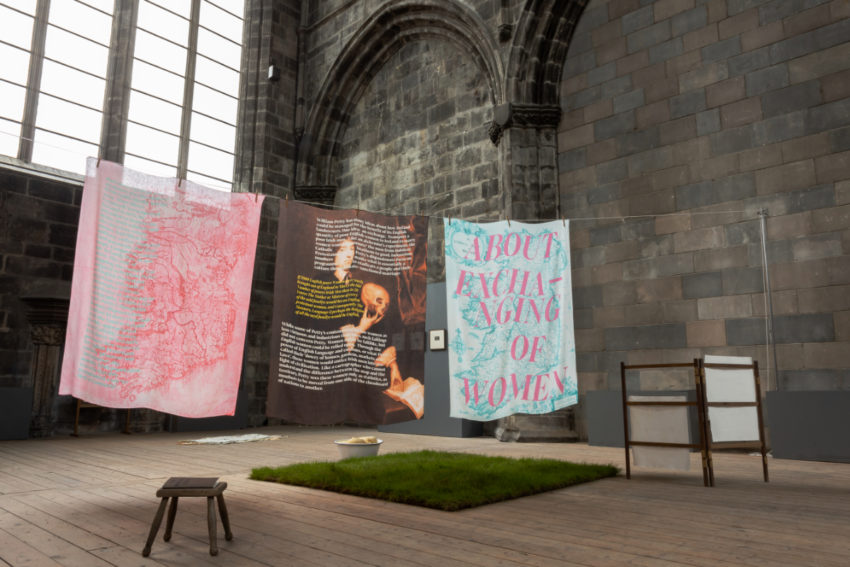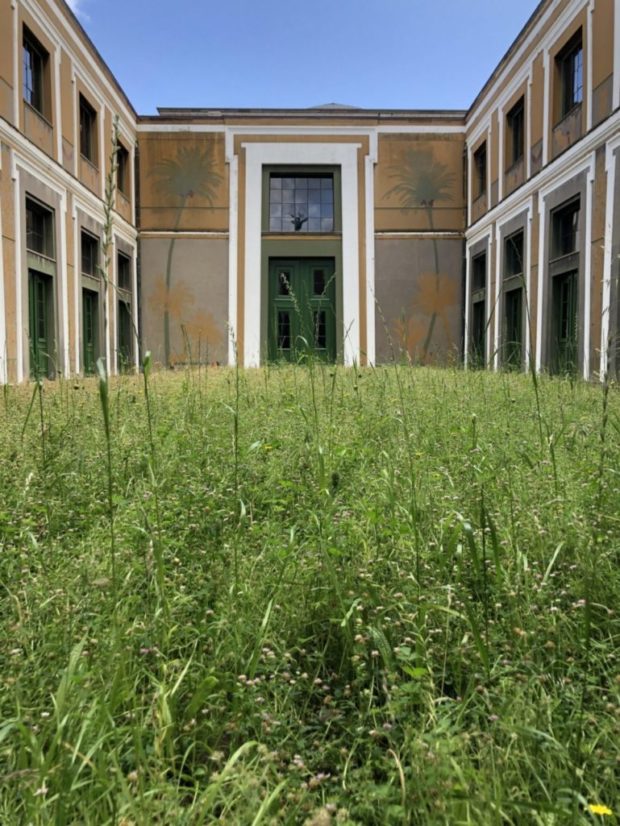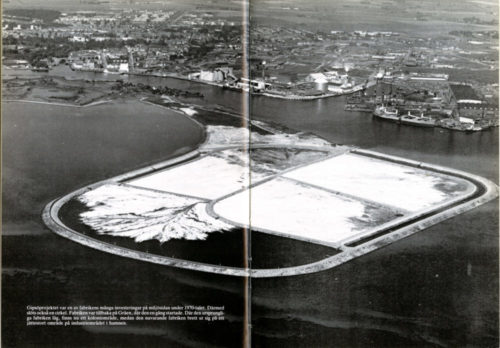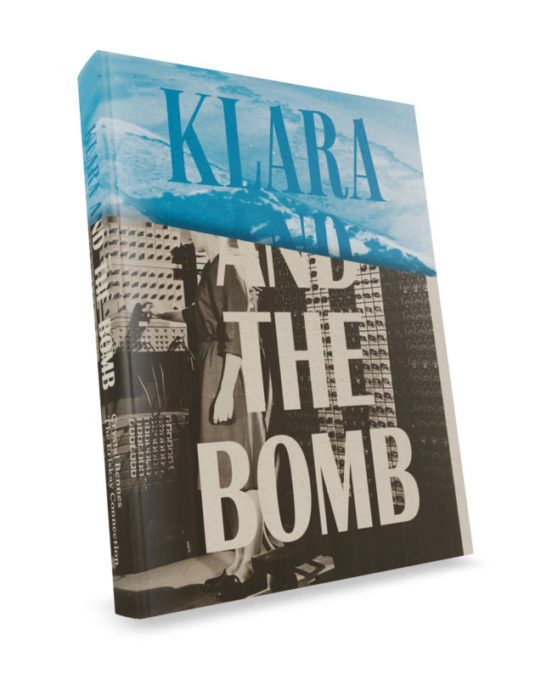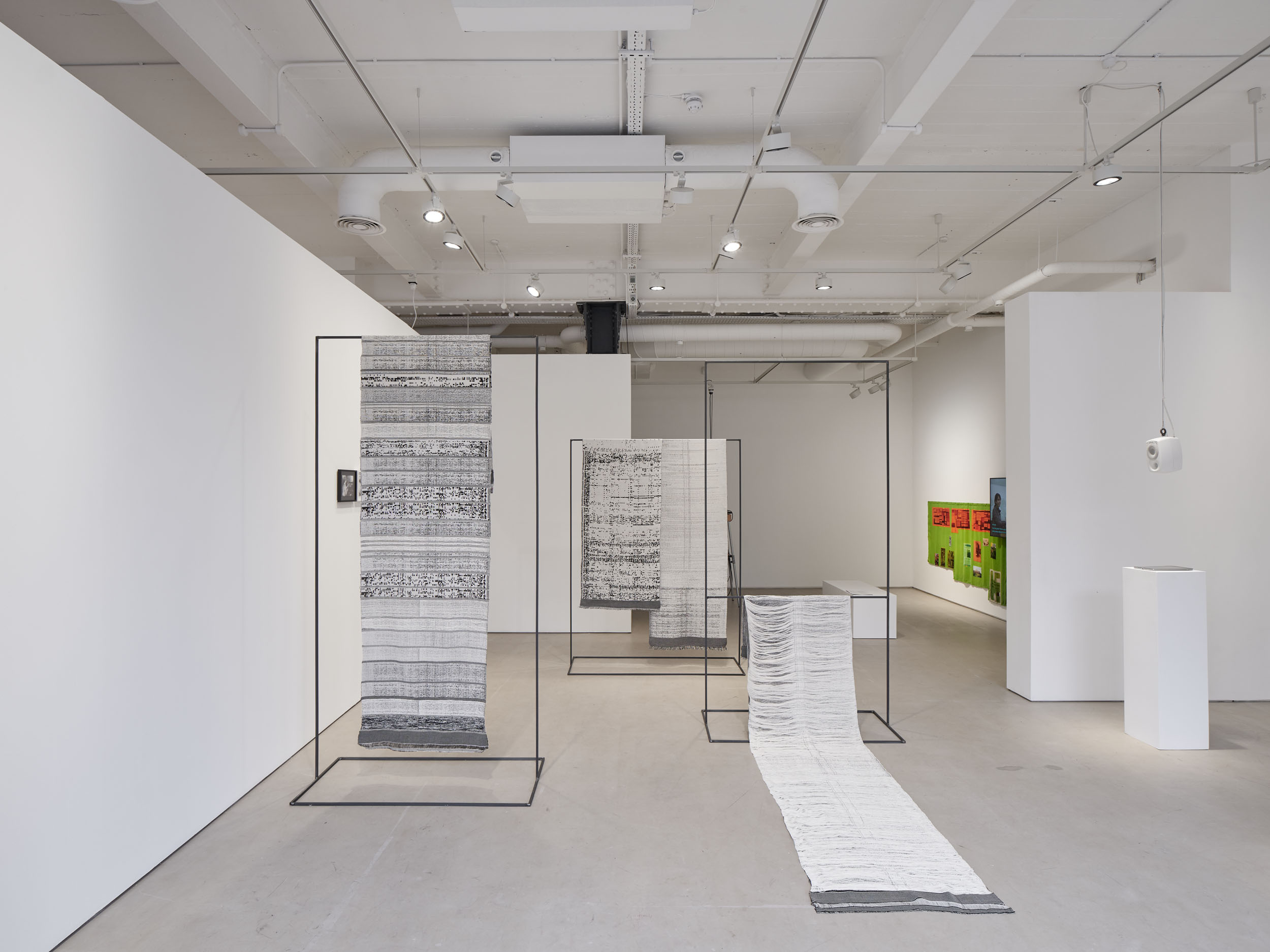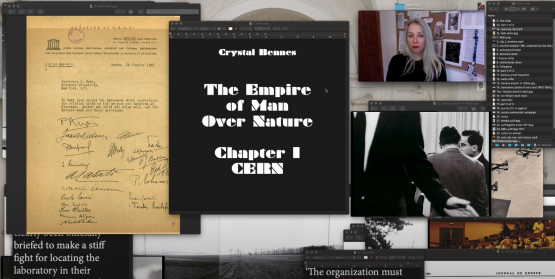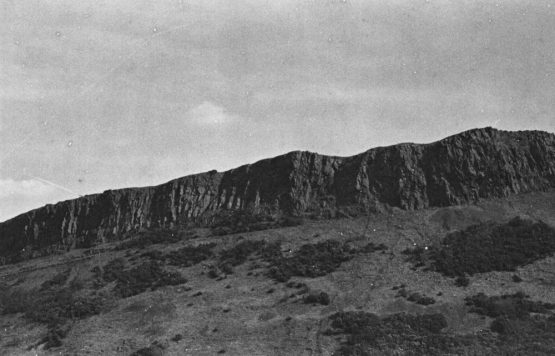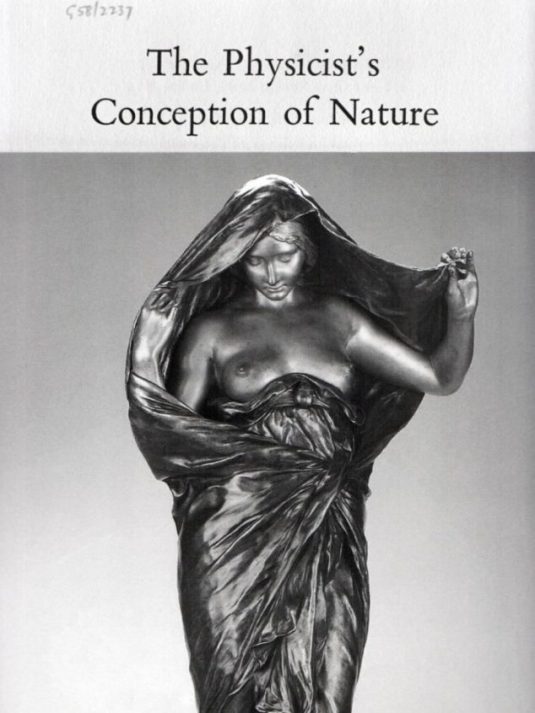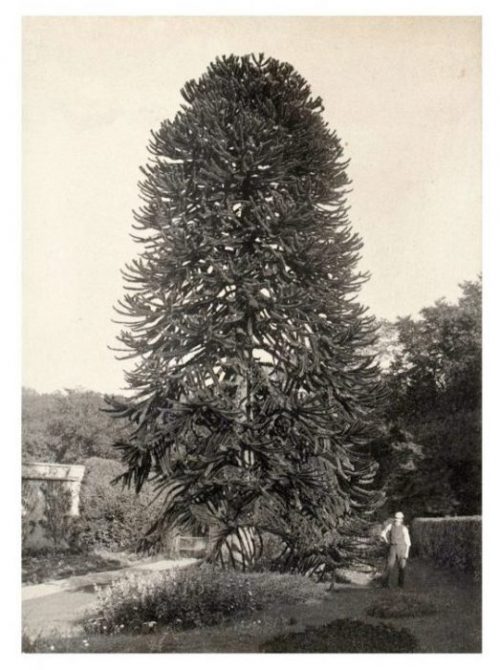NPK (Nitrogen, Phosphorous, Potassium) takes as its subject three elements essential for survival. Nitrogen, phosphorous and potassium enable healthy plant growth, and, since humanity’s embrace of agriculture around 12,000 years ago, the search for ways to improve soil has been as inventive as it has been constant.
Sitting at the heart of a complex web of agriculture, politics, warfare, environmental care, and human and planetary flourishing, fertiliser is an under-acknowledged and under-theorised lens with which to better understand and address some of today’s most pressing problems.
Fertiliser connects historical discourses around white supremacy and the environmental extractavism of the Global North with the material realities of the environmental catastrophes currently taking place in the Global South. The production and use of nitrogen fertiliser alone accounts for some 5% of total carbon emissions. Fertilisers emit more carbon than the global aviation and shipping industries combined. Its widespread use in industrial agriculture has contributed to worldwide decline in soil health, increased levels of water pollution, and substantial environmental destruction from related mining activities.
NPK is an urgent and poetic visual essay on the points of friction between fertiliser and questions of social, political and environmental justice. Combining archival images and analogue colour and black and white photographs, with x-ray photographs—a nod to the use of early nitrogen fertiliser processes in chemical warfare—and collaged images, layering multiple sites, NPK seeks to bring greater scrutiny to this little-known global industry. Through its focus on a small, but expanding group of farmers committed to producing food without the use of fertilisers of any kind, the project also offers a hopeful view for the future of agriculture.
The project brings together analogue and archival images from research trips to multiple sites across Europe and North Africa including: Gipsön, an artificial island off the Swedish coast created entirely from the toxic, radioactive byproduct of phosphate fertiliser production; Rothamstead Experimental Station, home of the Broadbalk Field Experiment, one of the oldest ongoing agricultural experiments, testing different fertiliser levels on wheat crop yields; BASF in Germany, one of the world’s largest chemical factories, and industrial pioneer of synthetic fertiliser and chemical weapons; Bou Craa phosphate rock mine in the disputed territory of Western Sahara, which was colonised by Morocco in 1975 after Spain withdrew; eutrophic lakes in the Netherlands, home to Europe’s most polluted water, largely caused by organic fertiliser; two farms in the UK pioneering new methods of fertiliser-free agriculture.
